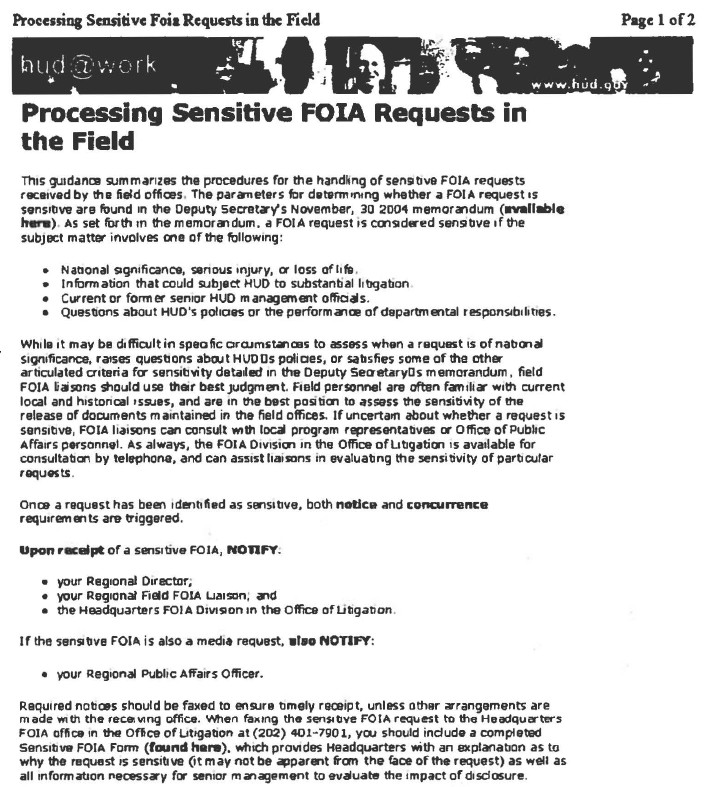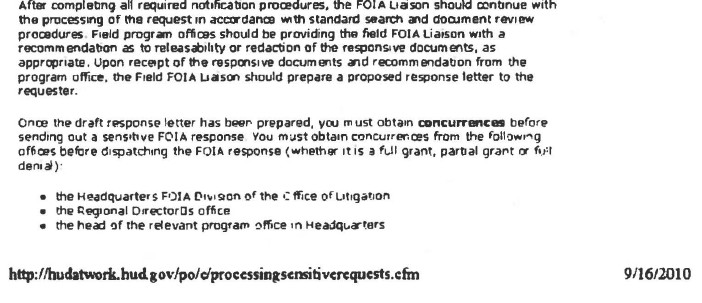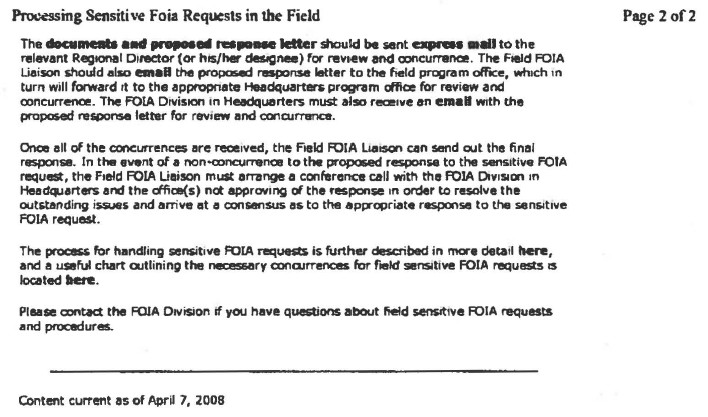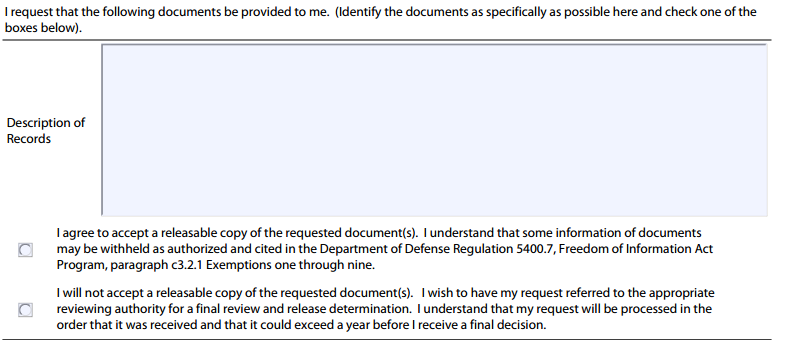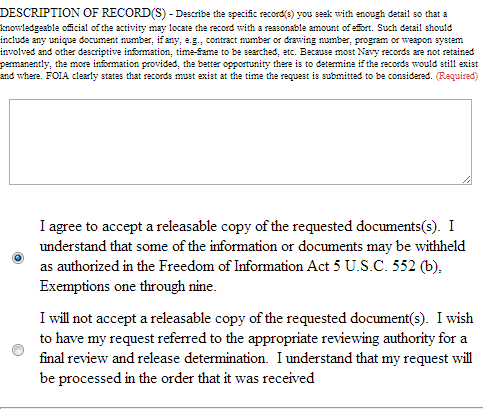Cause of Action filed a lawsuit against the Treasury Inspector General for Tax Administration (TIGTA) for potentially violating the Freedom of Information Act (FOIA).
TIGTA told Cause of Action in March of this year, in response to a FOIA request, that it could “neither confirm nor deny the existence of records” of communication between the White House and IRS concerning taxpayer information, particularly interactions that were not made pursuant to 6103(g) of the tax code, which authorizes the President to request any individual’s tax return information from the IRS.
Yet, the media reported that TIGTA sent a letter to Senator Charles Grassley July 3, 2013, acknowledging eight instances involving potential unauthorized access or disclosure of tax records belonging to political donors or candidates since 2006.
By revealing to Senator Grassley the existence of these communications, TIGTA has potentially violated FOIA with Cause of Action, therefore we are filing a lawsuit against TIGTA in the U.S. District Court for the District of Columbia.
 The Freedom of Information Act has been the subject of several recent developments, each of which raise interesting questions. On April 2, 2013, the U.S. Court of Appeals for the D.C. Circuit ruled in Citizens for Responsibility and Ethics in Washington v. FEC that an agency FOIA determination must include disclosure of the relevant time period and scope of the documents it will produce as well as exemptions claimed for any withheld documents. Will agencies now refuse to disclose the scope of documents and exemptions unless and until a FOIA requester brings a lawsuit? If so, does the decision really enhance transparency? In McBurney et al v. Young, the Supreme Court held that the Virginia Freedom of Information Act (FOIA) grants only citizens of Virginia the right to access the state of Virginia’s public records. Does McBurney harm transparency? On April 15, 2009, Gregory Craig, Counsel to the President, sent a memorandum to all executive department and agency general counsels, concerning the need to consult the White House regarding FOIA, GAO, congressional and judicial subpoena requests concerning “white house equities”. To what extent does this memo conflict with the current Administration’s policy on FOIA?
The Freedom of Information Act has been the subject of several recent developments, each of which raise interesting questions. On April 2, 2013, the U.S. Court of Appeals for the D.C. Circuit ruled in Citizens for Responsibility and Ethics in Washington v. FEC that an agency FOIA determination must include disclosure of the relevant time period and scope of the documents it will produce as well as exemptions claimed for any withheld documents. Will agencies now refuse to disclose the scope of documents and exemptions unless and until a FOIA requester brings a lawsuit? If so, does the decision really enhance transparency? In McBurney et al v. Young, the Supreme Court held that the Virginia Freedom of Information Act (FOIA) grants only citizens of Virginia the right to access the state of Virginia’s public records. Does McBurney harm transparency? On April 15, 2009, Gregory Craig, Counsel to the President, sent a memorandum to all executive department and agency general counsels, concerning the need to consult the White House regarding FOIA, GAO, congressional and judicial subpoena requests concerning “white house equities”. To what extent does this memo conflict with the current Administration’s policy on FOIA?